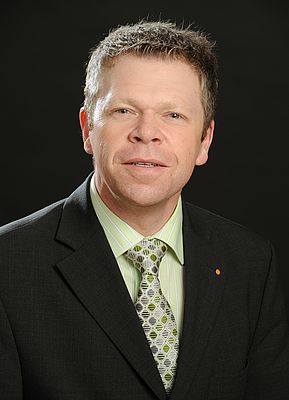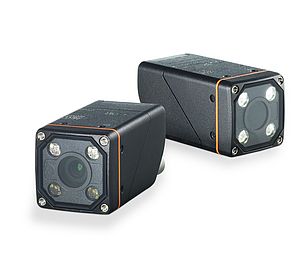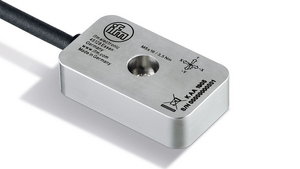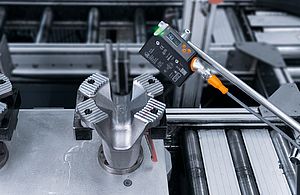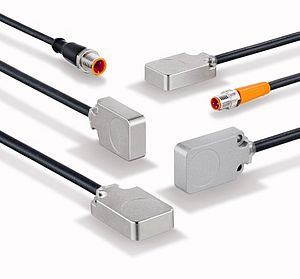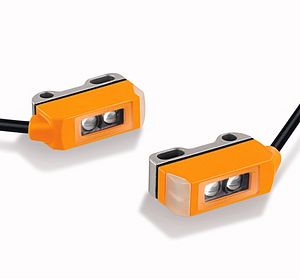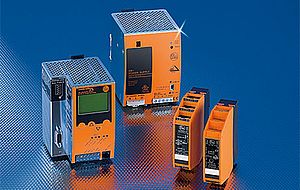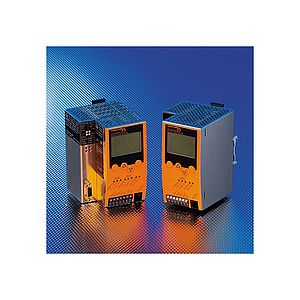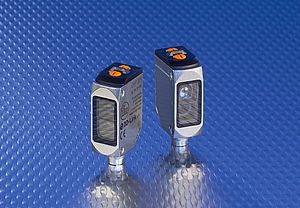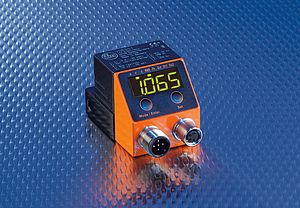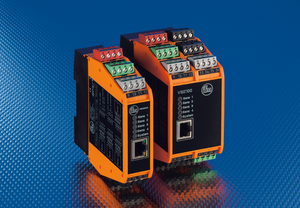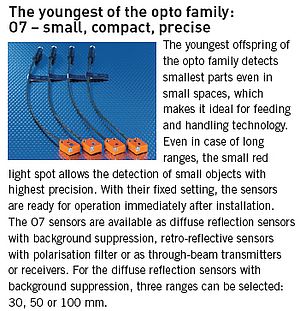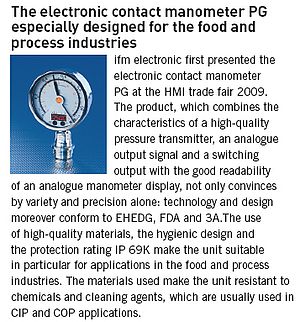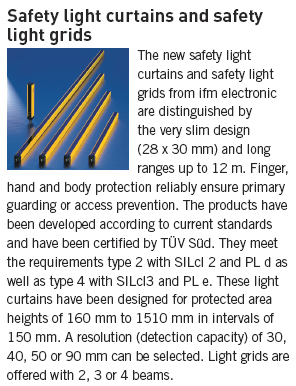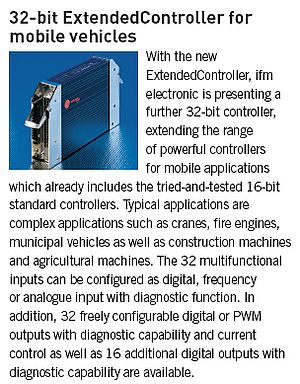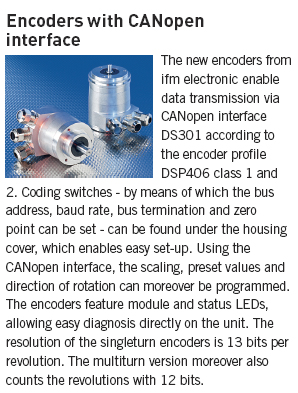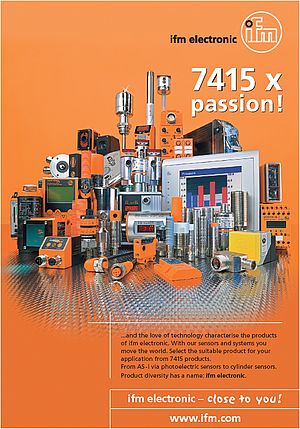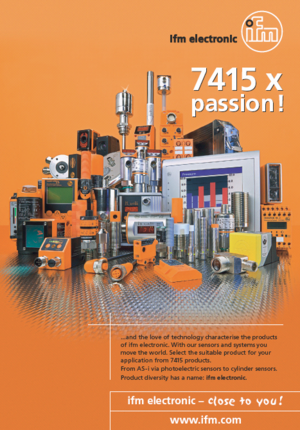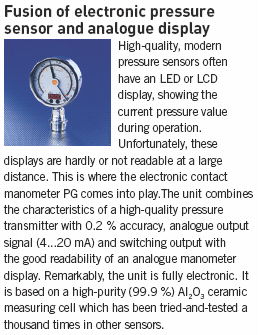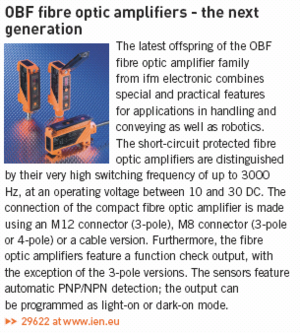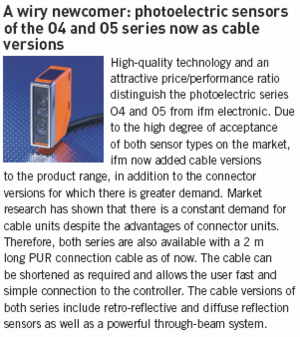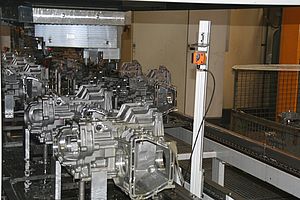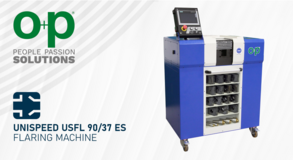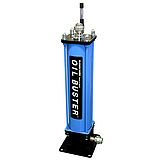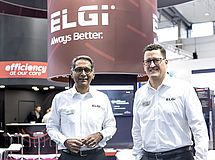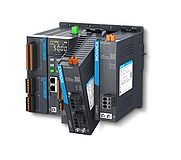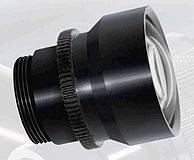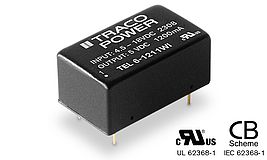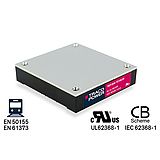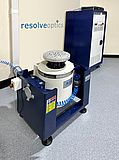IEN: When was the foundation of ifm consulting GmbH, and what are the company's main tasks?
Kempf: ifm consulting GmbH was founded on January 1st 2009. It emanated from the i-for-T GmbH, also a subsidiary of ifm electronics, which offers products and services in the field of condition-based maintenance.ifm consulting has taken over the services, consulting and engineering parts from ''sensor to SAP''. The services package includes consulting, planning and development, as well as installation, initiation and training.
IEN: In the application story on page 6 of this issue, the term Real Time Maintenance (RTM) is mentioned several times. What exactly is RTM?
Kempf: RTM is a so-called middleware in the area of condition-based maintenance. This means that critical information from the factory floor - e.g. from a PLC - is transferred to a maintenance planning software, e.g. SAP ERP EAM or R/3 PM. In the event of a foreseeable problem - which could be wear of mechanical parts or exceeding temperature limits - the person responsible for maintenance, apart from an e-mail or an SMS, automatically receives a report/order within SAP. That way, appropriate maintenance measures can be taken before the breakdown of a machine.
This means that the condition of a machine is monitored continuously. Based on the pre-defined critical limits, the machine reports its own demand for maintenance.
IEN: How are your services accepted by the machine operators and the machine building industry?
Kempf: Understandably, operators tend to be a bit reserved when it comes to installing a new technology. Together with the company Krones, a world market leader in the field of filling and packaging equipment, we have developed a new service concept. Cost reduction, machine availability and efficiency in production have been the crucial requirements in that respect. Using intelligent sensors and tools for remote machine diagnosis, Krones is now able to monitor the machines of its customers in a decentralized way and take maintenance measures when they are appropriate, in close collaboration with the operators.
IEN: Could you please outline how a machine operatorcan find the maintenance strategy that fits his purposes best?
Kempf: In order to crystallize the ideal maintenance strategy, the first step for a machine operator would be to analyze what kind of machines are applied in an operation. In case of redundant machinery, the strategy might be reactive, which means I can afford to react only if a machine fails. If I have to replace machine parts after a certain period of time in order not to lose guarantee claims, my strategy should be preventive. If, as a third example, a breakdown of equipment could result in high follow-up costs or loss of quality, or if plant components are only hard to access by maintenance personnel, a continuous monitoring of machines is likely to be the right strategy. The latter case requires a systematic and analytic approach. Together with the customer, we thus take the following steps: 1. Process Analysis, 2. Analysis of Critical Points, 3. Generating a Risk Matrix, 4. Analysis of Potentials, 5. Generating a Diagnostic Matrix and 6. Concept Development and Implementation.
IEN: From Process Analysis to Implementation: How long does a project like the one described above take, and when does it charge off for a machine operator?
Kempf: In order to put into action the project at the steel strip manufacturer Corus Hille & Müller(see page 6), it took us 8 weeks or 10 project days. Based on our experience, one can say that projects of those dimensions for all industry branches usually charge off within 1 to 1.5 years.


